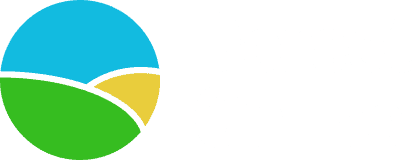Avian influenza (bird flu) is a disease is a virus that occurs naturally amongst birds and can infect chickens and other animal species.
A small number of chickens suddenly died. After being tested for bird flu, a positive result meant that the birds were destroyed and the remaining living chickens were humanely culled.
Following this outbreak, a 3-kilometre protection zone has been set up around the premises, which is near Gillingham.
On 19th December, the Government announced:
Highly pathogenic avian influenza H5N8 was confirmed in backyard poultry near Gillingham, North Dorset, Dorset on 19 December 2020. All birds on the premises will be humanely culled. A 3km Protection Zone and 10km Surveillance Zone has been declared.
GOV.UK
Although bird flu is highly contagious amongst birds, domestic poultry and other animal species, it does not normally infect humans.
Since 14 December 2020, all poultry and captive birds must be housed under rules issued by the Animal and Plant Health Agency. Due to the increase in cases of Avian Influenza (bird flu) found in both wild birds and commercial poultry flocks these additional rules were brought in to prevent further spread of the disease. The risk to human health at this time has been confirmed as low and it is safe to eat poultry products.
Neil Martin, Principal Trading Standards Officer at Dorset Council
Dorset Council advises to maintain good biosecurity by:
- housing or netting all poultry and captive birds
- cleansing and disinfecting clothing, footwear, equipment and vehicles before and after contact with poultry and captive birds – if practical, use disposable protective clothing
- reducing the movement of people, vehicles or equipment to and from areas where poultry and captive birds are kept, to minimise contamination from manure, slurry and other products, and using effective vermin control
- thoroughly cleaning and disinfecting housing at the end of a production cycle
- keeping fresh disinfectant at the right concentration at all points where people should use it, such as farm entrances and before entering poultry and captive bird housing or enclosures
- minimising direct and indirect contact between poultry and captive birds and wild birds, including making sure all feed and water is not accessible to wild birds
Avian influenza is a notifiable animal disease. If you suspect any type of avian influenza in poultry or captive birds, the Government states that you must report it immediately by calling the Defra Rural Services Helpline on 03000 200 301.
If you find dead wild waterfowl (swans, geese or ducks) or other dead wild birds, such as gulls or birds of prey, you should report them to the Defra helpline (03459 33 55 77 – select option 7).
Submit a story










